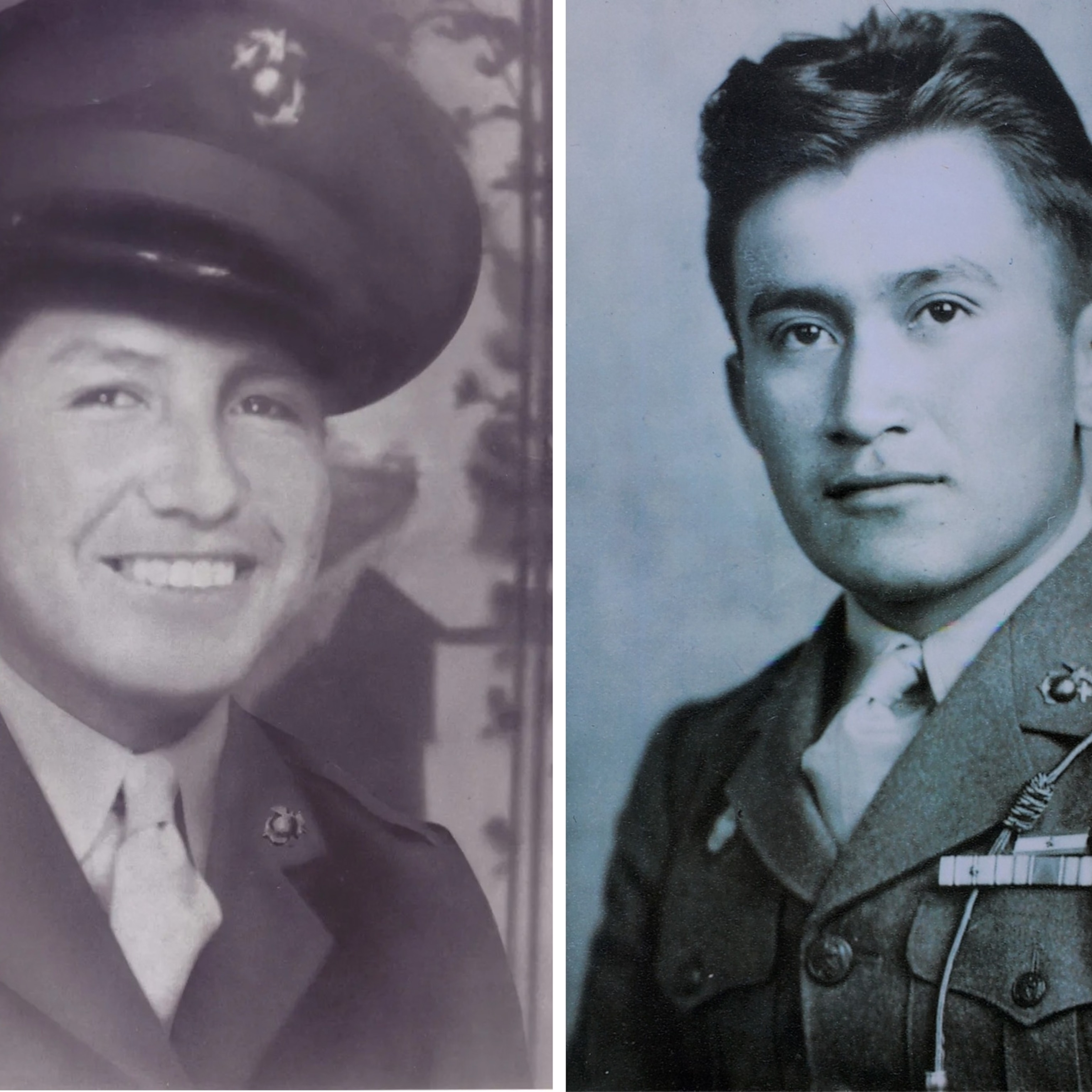Hebrew wasn’t spoken for 2,000 years. Here’s how it was revived.
The religious language that lay dormant for millennia is now global, used by millions of people around the world—including in China.

Today, Hebrew is a thriving language—used by millions of speakers around the world to communicate all their thoughts and desires.
That may have seemed almost impossible less than 150 years ago, when the language was thought to exist only in ancient religious texts.
For some two thousand years, Hebrew lay dormant as Jewish communities scattered across the globe, and adopted the languages of their new homes. By the late 1800s, Hebrew vocabulary was limited to archaic and religious concepts of the Hebrew Bible—and lacked words for everything from “newspaper” and “academia” to “muffin” and “car.”
Here’s a look at the bumpy road to modernizing Hebrew and the debates that surround its continuing evolution today.

Hebrew never really died
The Jewish people were once known as Hebrews for their language, which flourished from roughly the 13th to second centuries B.C.—when the Hebrew Bible, also known as the Old Testament, was collected. Hebrew was used in daily life until the second century B.C. at latest, experts believe.
But beginning in the second century B.C., Jewish people became increasingly ostracized and oppressed. Through the rise and fall of Rome, the Middle Ages, Renaissance, and beyond, they were forced to migrate around Europe and adopted the language of the country they were in. They also formed new languages like Yiddish, which mixed Hebrew, German, and Slavic languages.
Still, the Jewish people were known as “People of the Book.” As part of traditions like studying the Torah and reading it aloud, Jews continued to learn Hebrew to read from the Bible and written Hebrew lived on for more than a millennium mostly through religious practice.
There were exceptions: more educated Jews exchanged messages in Hebrew, sometimes between merchants for records of business, says Meirav Reuveny, a Hebrew language historian at the Hebrew University of Jerusalem. A 10th-century trove of documents showed that some women, a group generally confined to domestic duties at the time, also wrote letters, exchanged legal documents, and recorded business in Hebrew. From the 10th to 14th centuries, there was an explosion of secular Hebrew poetry in Andalusia, Spain.

Waking the giant
In the 19th century, most Jews in Europe were still second-class citizens when a new movement emerged that looked to Hebrew as a way to inspire hope through the Jewish people’s glorious past, Reuveny says. Hebrew revivalists wanted to expand the language beyond the abstract concepts in the Bible—they wanted to use it to talk about modern events, politics, philosophy, and medicine.
Among the leaders of the movement was Eliezer Ben-Yehuda, credited as the father of Modern Hebrew.
“One person cannot invent a language,” Reuveny says. “But he makes a good hero, something important for a social movement.”
Ben-Yehuda was born in 1858 in Lithuania, where Jews were heavily discriminated against and violent pogroms terrorized Jewish communities regularly. When Ben-Yehuda traveled to Paris in 1878, he was empowered by the growing Jewish nationalist movement he witnessed there.
He believed Jews needed a country and language to flourish. He moved to Jerusalem in 1881, where he and his wife made the decision to only speak Hebrew—despite missing words for essential modern items and concepts. They raised their son Itamar Ben-Avi to be the first native Hebrew speaker in almost 2,000 years.
In the beginning, Hebrew went through growing pains: the language needed many new words. Ben-Yehuda made a dictionary of new Hebrew words (including מילון, or milon, the word for dictionary). Hebrew newspapers across Europe invented their own words, too, Reuveny says.


Many people saw this as an unwelcome change—swapping an ancient and sacred language to a new and strange one. Hebrew revivalists chose a difficult way of life by speaking only Hebrew, before it could meet the needs of modern life.
Gradually, the language was standardized in the early 20th century. The first Modern Hebrew dictionary was released in its completed form in 1922. Hebrew language schools were opened, then Hebrew became the language of instruction of all subjects in Jerusalem schools (the first in 1913).
After the state of Israel was established in 1948, people flocked from all over the world. Many young adults learned Hebrew through the young nation’s mandatory military service, though most families in Israel became Hebrew speakers over one to two generations.
Today, of the 9.5 million people in Israel aged 20 and over, almost everyone uses Hebrew, and 55 percent speak it as their native language. Around the world there are around 15 million Hebrew speakers; in the U.S., there are 195,375.
An unstoppable force
Modern Hebrew has changed significantly but still shares clear ties with Biblical Hebrew.
“King David and I could probably understand each other,” says Mirit Bessire, Hebrew language program director at Johns Hopkins University, who points out that it’s not all that different from modern English speakers attempting to understand someone using Shakespearean English.
The growing pains Hebrew experienced as it modernized during Ben-Yehuda’s time are echoed in controversies today. Inclusive language such as non-binary adaptations have proven difficult to adopt as Hebrew is significantly gendered, Reuveny says. Modern words and concepts like “gaslighting” also stir debate about how much outside cultures are affecting the language.
“Language does naturally evolve and grow. It’s inevitable. It’s not in our hands what our language does,” Bessire says.
Language fills the needs of its users, she adds—and today we have more needs than ever as social media and email connect communities of Hebrew speakers far beyond Israel. For example, Bessire says, there are Hebrew communities in China that are not Jewish but have become fluent in the language for business purposes.
“Hebrew is a language of proficiency,” Bessire says. “It's a language that you use for your everyday life, from technology to medicine.”







